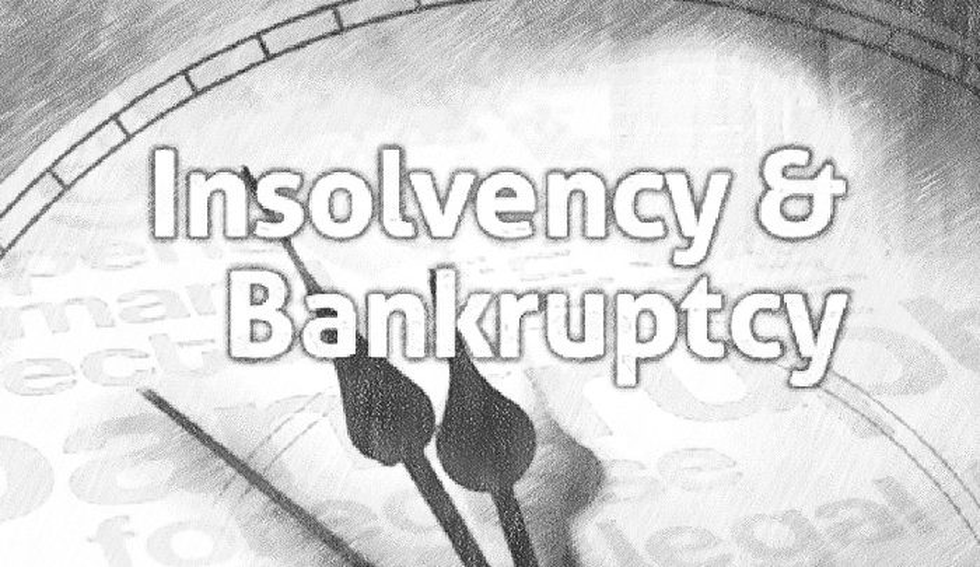Background:
- The Insolvency and Bankruptcy Code, 2016 was enacted to consolidate and amend the laws relating to reorganisation and insolvency resolution of corporate persons, partnership firms and individuals in a time bound manner.
- During the passing of the IBC (Amendment) Act, 2018 in Parliament, a consensus had emerged that further improvement of the Code would be required.
- In this background, IBC (second amendment) bill 2018 has been passed.
Salient Features of Amendment Bill:
- It clarifies that allottees under a real estate project should be treated as financial creditors.
- Voting threshold for routine decisions taken by the committee of creditors has been reduced from 75 % to 51 %. For certain key decisions, this threshold has been reduced to 66 %.
- It allows the withdrawal of a resolution application submitted to the National Company Law Tribunal under the Code. This decision can be taken with the approval of 90 % of the committee of creditors.
Insolvency: Insolvency is essentially the state of being that prompts one to file for bankruptcy. An entity – a person, family, or company – becomes insolvent when it cannot pay its lenders back on time.
Bankruptcy: Bankruptcy is a legal declaration of one’s inability to pay off debts.
